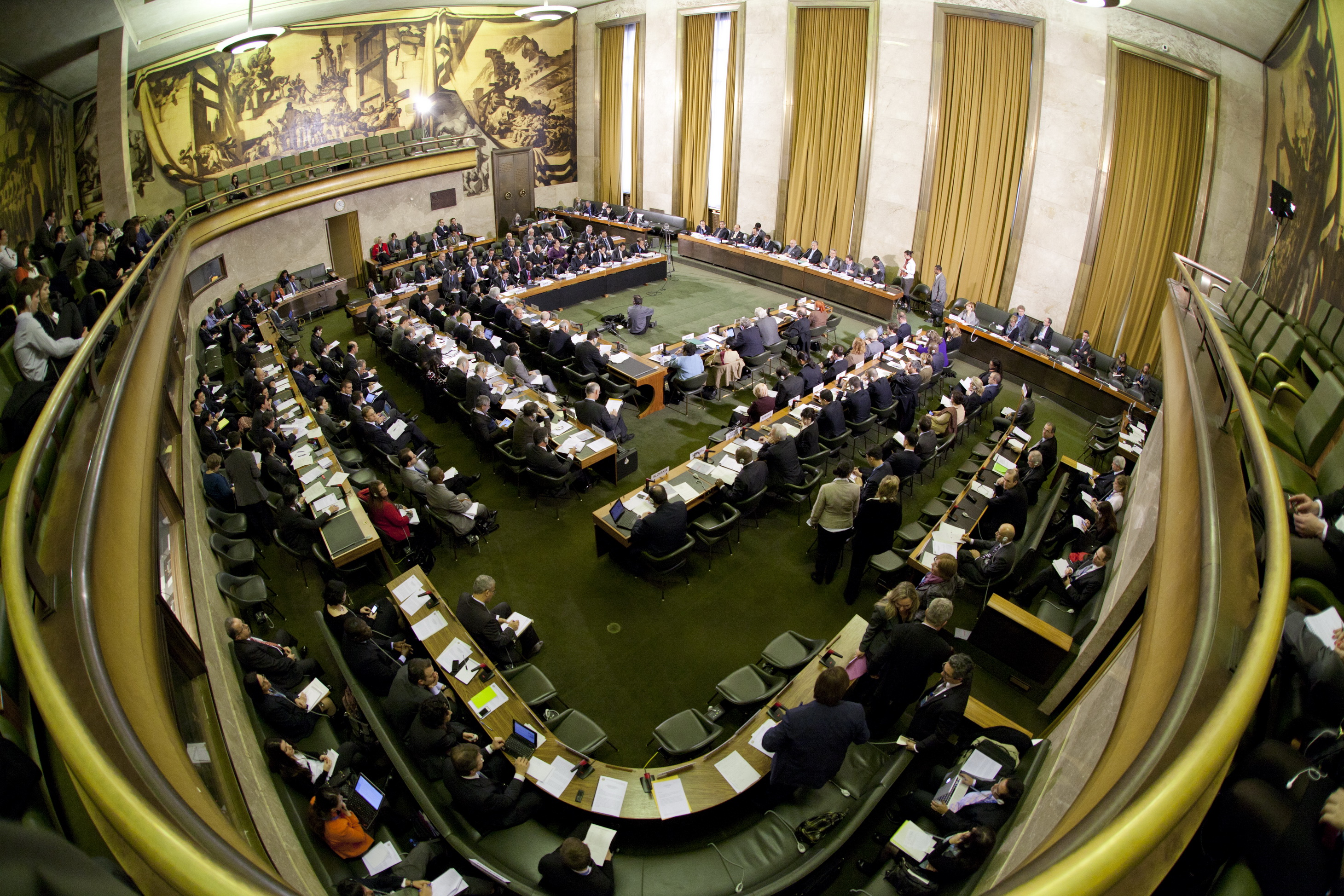On 21 January, the APPG on Global Security and Non-Proliferation held a meeting to discuss the UK’s approach to global non-proliferation and disarmament diplomacy.
At the meeting, the UK’s Ambassador to the Conference on Disarmament (CD), Aidan Liddle, discussed the state of diplomacy at the Conference on Disarmament and the Non-Proliferation Treaty (NPT). Ambassador Liddle suggested that states should look positively at the CD and past its difficulties. Indeed, in 2018 the CD established five subsidiary bodies to consider disarmament steps and remains the only negotiating body on disarmament to include non-NPT signatories. He expressed hope that CD discussions would be able to lay the groundwork for the NPT Review Cycle, noting that disarmament diplomacy is a game of patience in which states must embrace windows of opportunity between long periods of stagnation. As the United Kingdom assumes the chair of the CD, there are prospects to do technical work on a Fissile Material Cut-Off Treaty (FMCT), Negative Security Assurances (NSAs), and long-term thinking on how to manage a world without nuclear weapons.
On the NPT Review Cycle, Ambassador Liddle recognised the frustration among many non-nuclear weapon states that nuclear weapon states are not making enough progress on disarmament. He noted, however, that it is important to celebrate the many successes of the NPT, which provides a forum and framework for arms control and disarmament discussions that has enabled peaceful nuclear use globally. For the first time in history, he added, it would appear that no new country is developing a covert nuclear weapon programme.
Going forward, he emphasised that the United Kingdom would be taking a leadership role as it assumed the chairmanship of the P5 after PrepCom, coordinating the Western Group at the NPT, and chairing the CD. Here, Ambassador Liddle named three UK priorities:
- Championing a global discussion on the responsibilities of states around nuclear weapons;
- Promoting discussions on nuclear risk reduction;
- Considering the essential steps to creating a world without nuclear weapons, including verification and questions on the future of deterrence. It is essential to ensure that a world without nuclear weapons does not lead to the increased prospect of conventional conflict, and that disarmament and security remain linked.
Sarah Price, Acting Director of Defence and International Security at the Foreign & Commonwealth Office, discussed UK action at the Chemical Weapons Convention (CWC) and Organisation for the Prohibition of Chemical Weapons (OPCW). In many ways, 2018 was a wake-up year for the organisation, which was thrust into the limelight after the use of chemical weapons in Malaysia, Salisbury, and Syria. Following the Special Session of the Conference of States Parties in June, the OPCW was given more powers to tackle non-compliance and powers to attribute the use of chemical weapons in Syria. Then, at November’s Annual Conference of States Parties, there was an effort to secure the OPCW a budget for its new powers. More recently the OPCW Executive Council added Novichoks to Schedule 1, meaning that states will now be required to make annual declarations on Novichoks, giving the OPCW more data to hold states accountable. Looking forward, Ms Price predicted a number of challenges for the OPCW: it must still investigate CW use in Syria, tackle Syria’s incomplete declaration of CW, and respond to any future use of CW, in a now highly politically charged environment. Finally, following the votes at the CWC in 2018, the convention of consensus decision making has been broken, meaning any future changes will likely require voting and give states opportunities to frustrate potential progress.
The presentations were followed by an in-depth discussion that touched up the work of the CD and approaches to disarmament. Ambassador Liddle expanded on the CD’s current work on Negative Security Assurances. In 2018, the CD subsidiary body chaired by Germany was the only subsidiary body that failed to agree on a final report. Consensus could not be found on the issue of whether India and Pakistan had the right to issue NSAs as non-NPT member states. Similarly, he noted there are a number of technical challenges in crafting legally-binding multilateral NSAs, when the details of states’ assurances differ.

